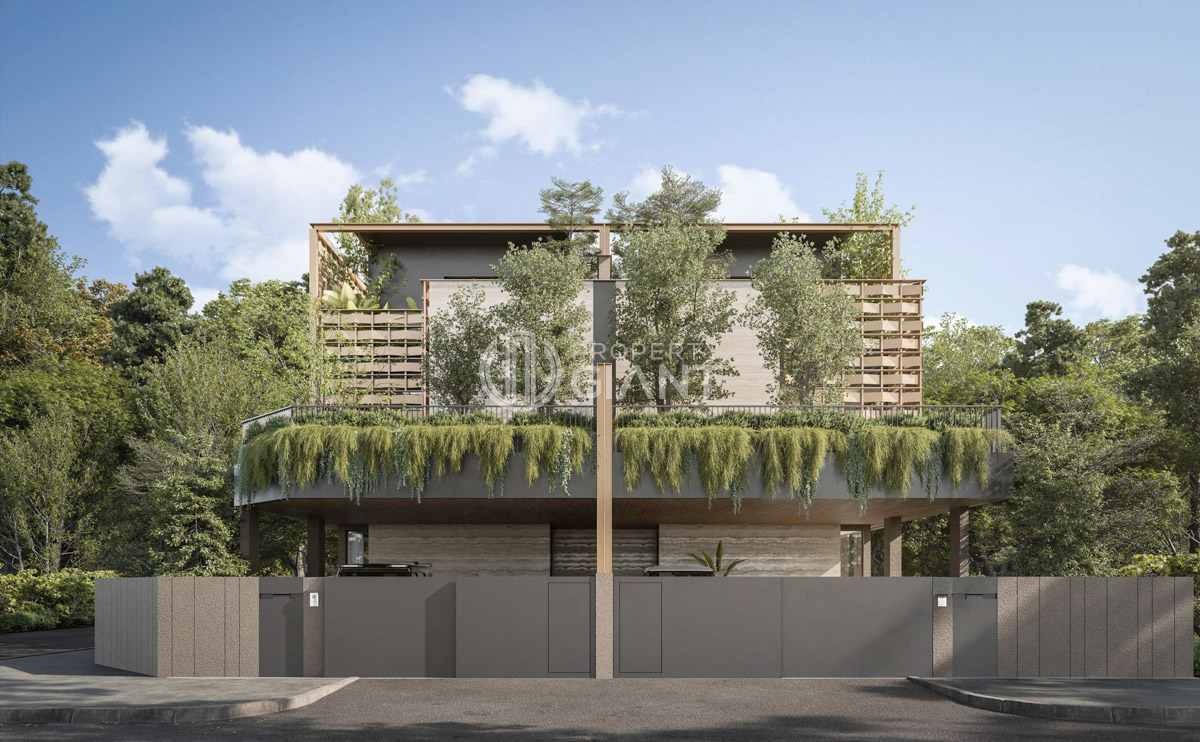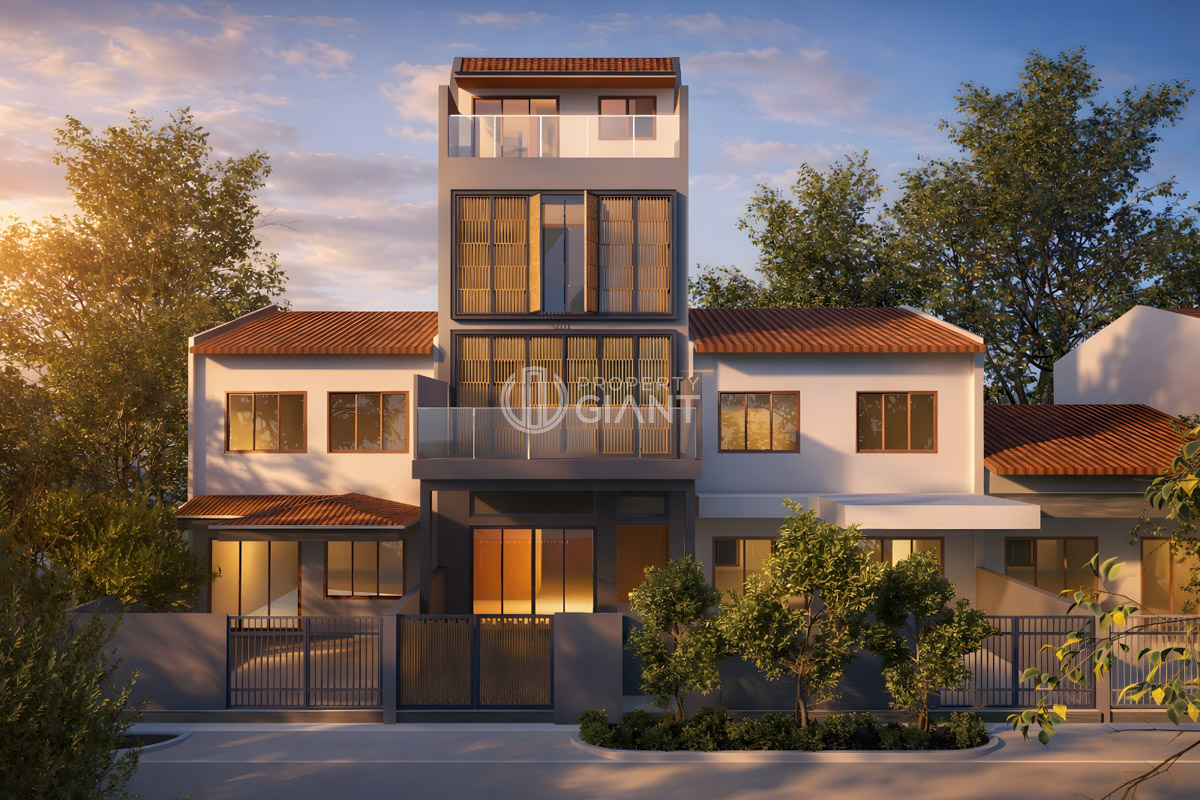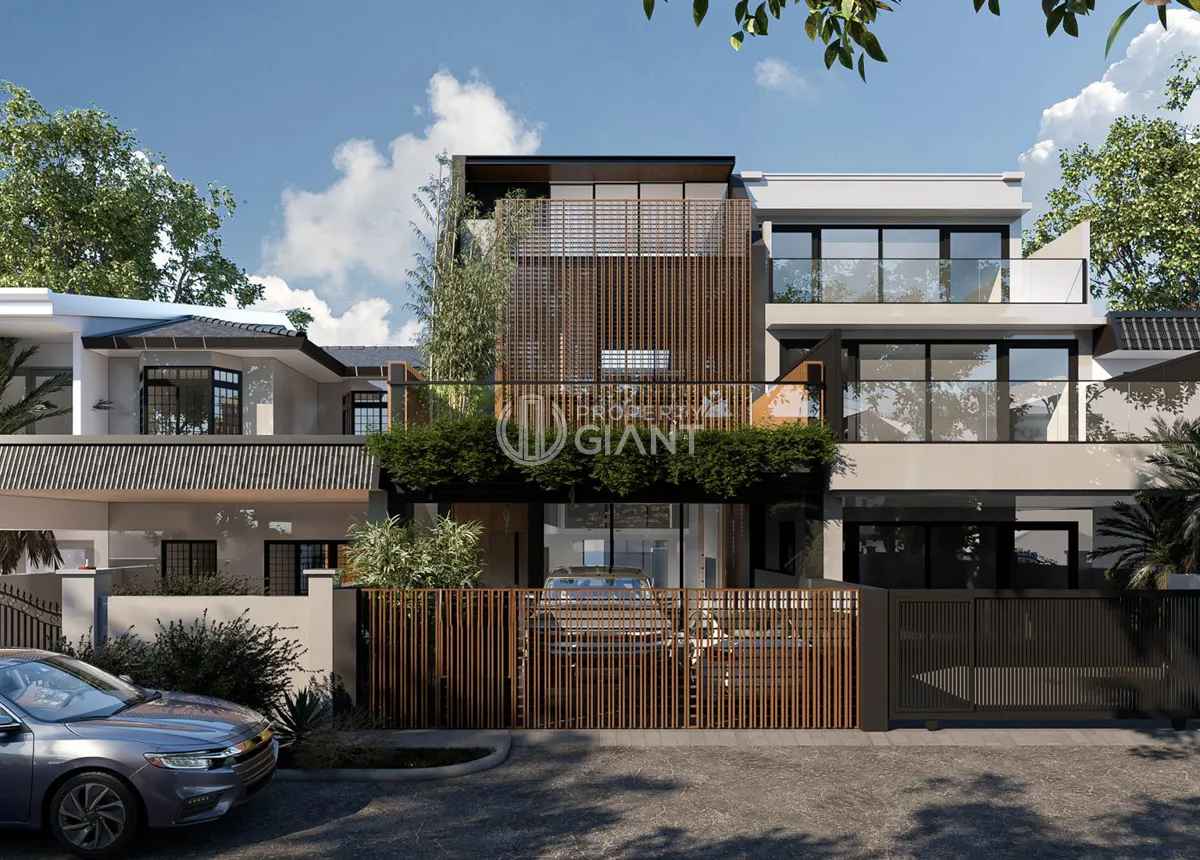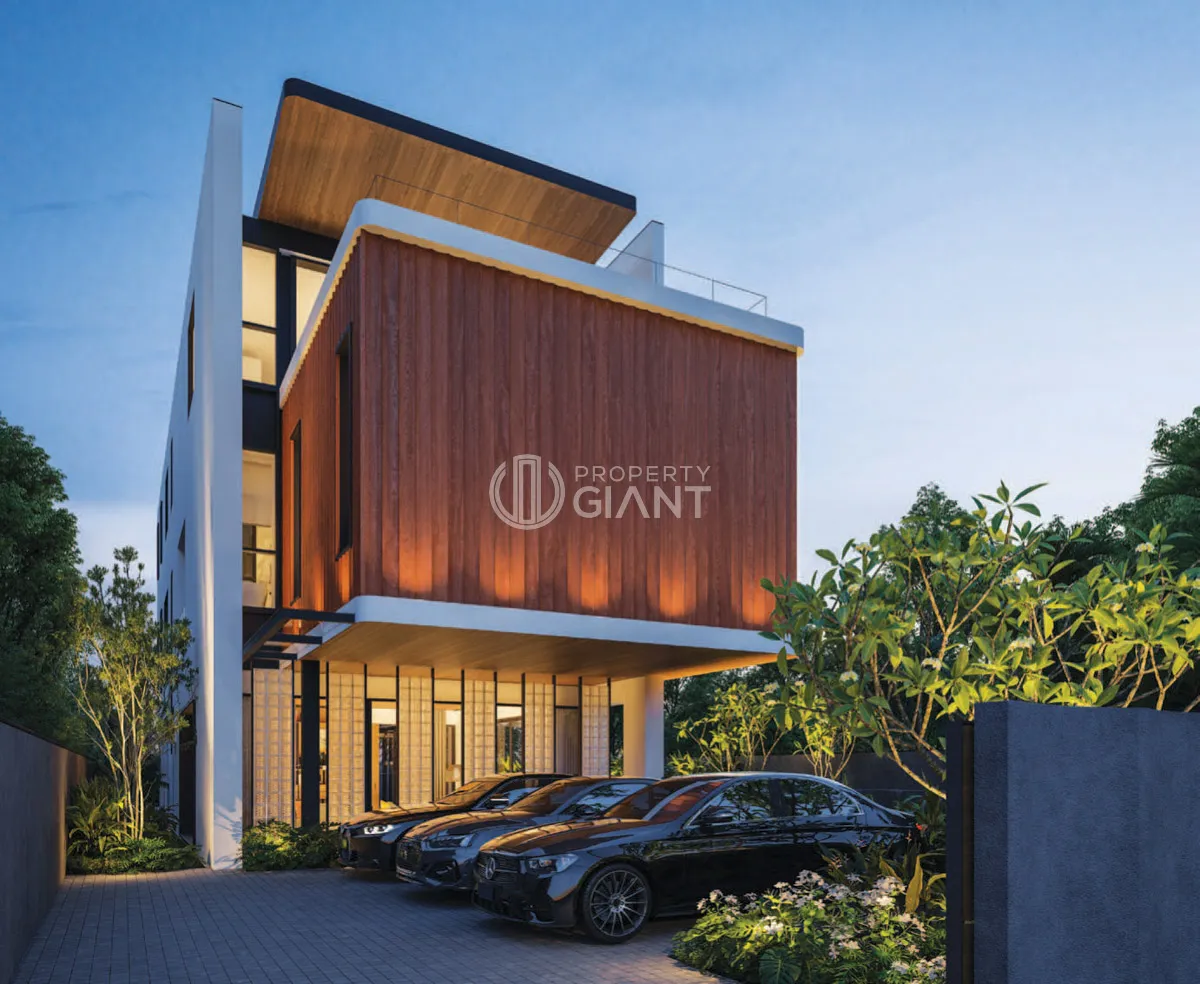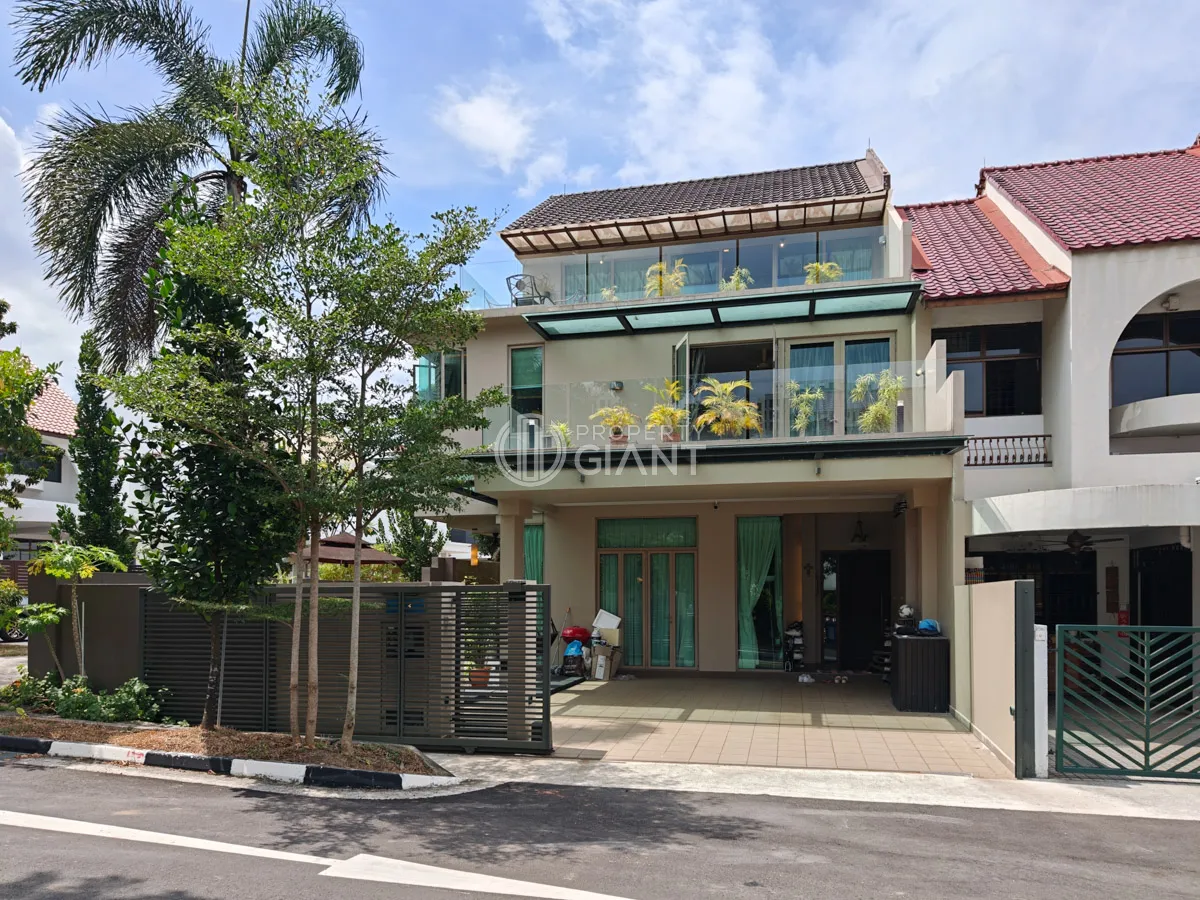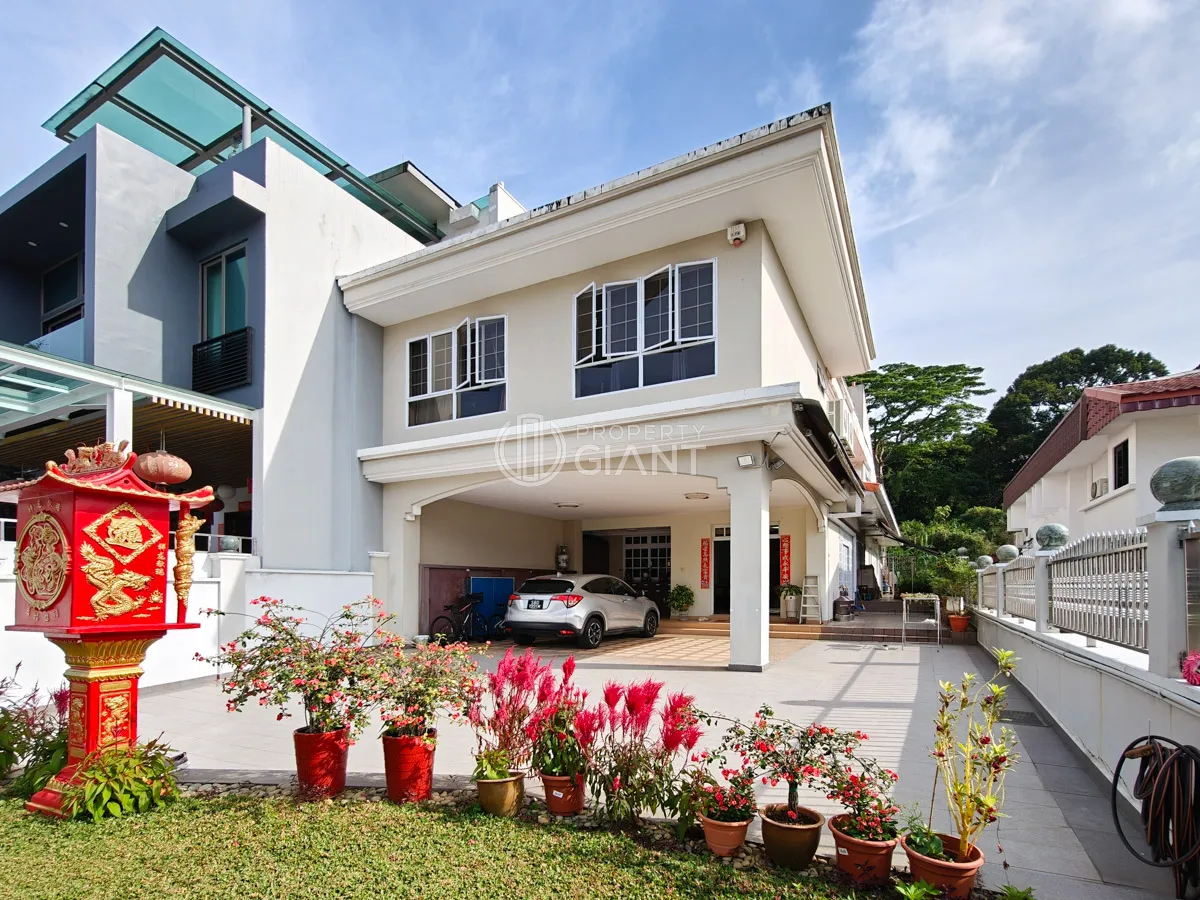Which direction is the property market in Singapore headed for in 2021? Is there any opportunity to be found amidst the Covid-19 crisis?
We have been receiving questions along this line from our clients, and now is the right time to share what we know so you can make a wise and informed property purchase. Since this is a vast topic with many aspects—from macroeconomic to microeconomic—to consider, we will zoom in on certain key factors that may be more relatable or have a more significant weightage based on the research and analysis that we have conducted.
Factors In The Rising Prices Of Singapore’s Property Market
Before we jump right into it, let us talk about some facts and figures to make sure we are all on the same page.
Flash estimates by the Urban Redevelopment Authority (URA) showed that private residential property index rose by 2.1%, compared to the 0.8% increase in the previous quarter in 2020. Together, this is an increase of 2.9% for the last two quarters of 2020 compared to the 2.7% increase in 2019.
Besides that, the Housing & Development Board (HDB) sector is doing well too, with their resale prices currently at a nine-year peak. In comparison, resale flats’ prices rose by only 0.1% the year before and have been in a steady decline for around seven years.
With the statistics shown above, why is it likely that the bull run—or the rising of market price— will continue in 2021? We have narrowed the reasons down to 5 main factors: little regional competition, recovering employment numbers, better en-bloc potential in 2021, a flood of newer resale flats along with oversubscription frustrations, and the continuation of low-interest rates.
1. Little Regional Competition
Singapore is one of the safest places in South East Asia and the fourth safest in the world when it comes to Covid-19, attracting investors around the globe to our country. On a regional basis, there are only a few alternatives for residential property investment at the moment. For example, Australia has restrictions on foreign buyers, requiring them to sell the properties back to locals. Besides that, Australia’s political tensions with China is likely to make Chinese investors focus more on Singapore and Hong Kong.
Similar to Singapore, Hong Kong has its version of stamp duties for foreigners. However, Hong Kong’s political instability might push investors away from the region. Hence, this will be one of the macro factors supporting a positive outlook for Singapore’s property prices going into 2021.
2. Recovering Employment Numbers
The unemployment rate spiked to 3.6% last year in 2020, and unemployment was the highest in 16 years during Q3 2020. This is a serious concern as it reflects whether we can efficiently service our mortgage loans. Thankfully, the employment level has begun to rebound as of this article’s writing, although full recovery is still unlikely until 2022.
So, why is this one of the factors we highlight?
There are two impacts we can expect from this. One of them is people downgrading from private to HDB flats and individuals opting to upgrade to bigger resale flats instead of condos, especially among those facing retrenchments or working in lower-paying jobs. The other possible impact will be that the idea of a buyer’s market seems even more unlikely now as no fire sales were seen even during the peak of unemployment, neither were huge price drops through the whole of 2020. Now that the situation is improving, it seems that a buyer’s market is less likely. The only fire sale in 2020 was by 38 Jervois, and the reason was due to their impending Additional Buyer’s Stamp Duty (ABSD), not because of the situation in Singapore.
3. Better En-Bloc Potential
Government Land Sales (GLS) is currently being moderated with a restricted supply, with an unsold inventory of around 26,600 units in Q3 2020. This number is predicted to dip below 20,000 units by the end of Q1 2021 due to unexpectedly strong sales despite Covid-19. The last en-bloc fever in 2017 started in mid-2016 when unsold inventory was at approximately 23,000 units. Hence, these factors may result in developers having the confidence to look outside of the limited GLS offerings after seeing how resilient the property market was during 2020.
4. Newer Resale Flats
Currently, there is a considerable amount of resale flats reaching their Minimum Occupancy Period (MOP), resulting in young resale flats entering the market. This situation is desirable as lease decay is still a non-issue. At the same time, the recent Build-To-Order (BTO) flat launches are in highly coveted areas, such as Bishan and Toa Payoh (Bidadari), where we can observe massive over-subscriptions.
Covid-19 also increases the risk of construction delays, resulting in resale flats getting more attractive with heightened demand. Although the situation is well-controlled in Singapore, most of our construction supplies come from abroad. Hence, suppliers abroad may still be affected or shut down, further delaying the property construction in Singapore.
5. Low Interest Rates
With the USA committed to keeping interest rates near zero to stimulate economic recovery, low interest rates for some home loans in Singapore will continue in the future. At present, rates as low as 1.3% are possible. If you realise you are paying above this value, feel free to contact us at +65 6100 6199 or hello@propertygiant.com, and we will be happy to help you get a lower loan.
Low interest rates can directly equate to better potential gains, rental yields, and lower monthly repayments, further supporting the home prices’ growth. Can we expect this rate to continue? Based on history, when the rate dropped back in 2009, it never fully recovered to its original height even when Covid-19 happened in 2020. Decreased rates are likely to stay low for a long period—in fact, HDB loans have been more expensive than bank mortgage loans for around 11 years now.
2021: The Year For Resale Condos?
Resale condos may be in the spotlight for 2021 as there is a lower number of new launches expected throughout the year. This may result in a slower pace of rising prices, but which can be compensated for if we see new en-bloc stirrings and heightened resale demands. If anything, 2021 seems to be less of a buyers’ market than last year based on our analysis. Should you take the ‘wait and see’ approach?
It is crucial to have a structured plan and exercise caution to minimise the risk of being forced to sell at a loss due to unforeseen circumstances. If you are planning your property portfolio or starting to do so, we strongly urge you to plan ahead.
Need our expert assistance in navigating and securing your desired property in the Singapore property market? At Property Giant, we’re here to help! Please don't hesitate to contact us at +6561006199 for further assistance.


